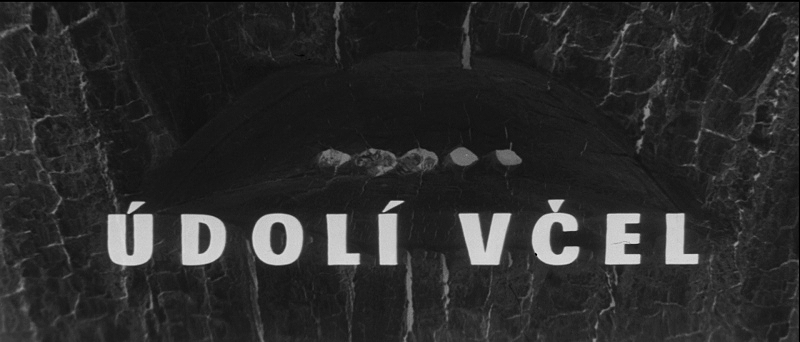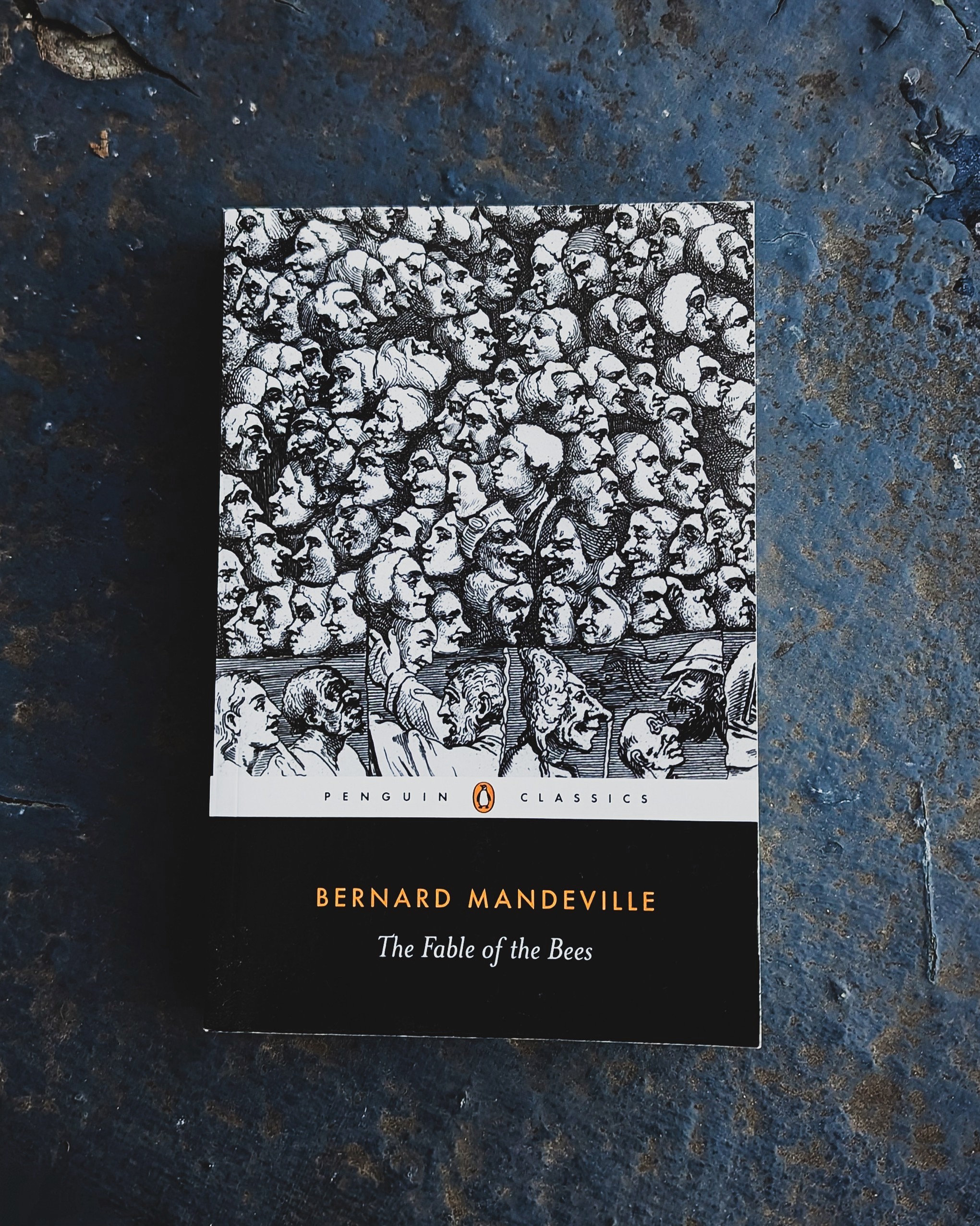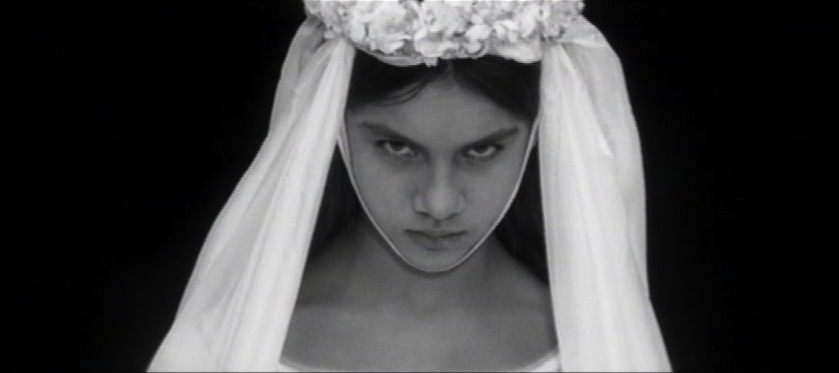Údolí včel: The Valley of the Bees
In Aelian’s ‘Varia Historia’ (235 CE), when Perictione laid her infant Plato in the shade of a myrtle tree so that she could perform divine rites, “a swarm of Hymettian bees settled on his lips as he slept,” foretelling his future eloquence.
Ancient Greek poets described bees as “birds of the muses” who foraged wisdom for sages, diaphanous psychopomps who guided the dead from the underworld to the heavens. Melissa, a nymph, taught men to harvest honey, that golden product of apian labour, associated with fertility, prophecy, and poetic inspiration.
The symbolic relevance of bees endured well into Medieval Europe, as industriousness and natural harmony became an ideal for monastic life and model for monarchical order. In ‘Policraticus’ (1159 CE), John of Salisbury likened society to a beehive—a “tiny commonwealth” in which each individual “leads a life under the law’s majesty”. Thomas of Cantimpré’s ‘De Apibus’ (13th c) described the hive as an ideal monastery with the abbot as queen guiding the faithful. Worker bees represented the ideal monk: diligent, disciplined, devoted to collective spiritual good.
“Venerable countries, if they follow the footprints of the bees, will progress along the path of life without difficulty and most profitably.” — Policraticus
By 18th c, Mandeville’s genius lay in tipping the metaphor of the bee hive on its head. His satirical poem ‘The Grumbling Hive’, published with ‘The Fable of the Bees’ (1714), tells the story of a colony with a thriving economy fueled by envy, competition, and exploitation. When the bees resolve to live virtuously, abandoning their desire for personal gain, the economy collapses, leaving them with dull, unproductive lives to dwindle out in a hollow tree. While Mandeville presents society as an aggregation of self-interested individuals where private vices generate public benefits, it is not a celebration of selfishness, but a sharp criticism of the moral contradictions and hypocrisy of those who denounce vice while benefiting from the material prosperity of a mercantilist society built largely upon it.
For Czech director František Vláčil, poetry was the literary form closest to cinema. His artistry with the formal elements of filmmaking, and meticulous attention to detail in reconstructing the medieval period, brought image, sound, and landscape together with a depth of symbolism and visionary expression rarely seen since Bergman or Tarkovsky.
The title sequence of “Údolí včel (The Valley of the Bees)” (1968) opens with a perspective from inside the hive or skep, a hollowed- out log used by early European apiarists, often carved with faces or protective symbols. The image is strangely inverted, lending the bees a heavenly white glow with black stripes not unlike the dark cross pattée on the surcoats of the Teutonic Order. A low buzzing sound yields to Zdeněk Liška’s theme, the fervent chanting of a four-voice fugue. Bees swarm the hive’s flight entrance, suggesting a pursed mouth with charcoal blackened lips, like a forbidden kiss, foreshadowing Ondřej’s passion for his dead father’s widow.
The film follows Ondřej as a boy in 13th c Bohemia, sent to the Teutonic Order after humiliating his newly converted father when presenting a basket of bats as a wedding gift to his young stepmother. He later renounces the Order and escapes back to his home village in search of independence and freedom, despite being pursued by the fanatical brotherhood.
Throughout the film, the imagery and hum of bees evoke both the cold, dogmatic control of the paternal Order and the memory of a natural, domestic life associated with the feminine and maternal. This tension between Christian and Pagan, spirit and flesh, passive obedience and personal agency is left unresolved. There are no heroes in Vláčil’s film; each character is driven by conflicting desires, moral uncertainties, and lofty ideals that mask self-serving motivations.
The film is a meditation on the violence that arises with the suppression of individual desire in the name of collective virtue or dogmatic fanaticism, the disharmony of imposed hierarchy, with the buzzing of bees an uneasy refrain — either a call to a lost natural order or the distant drone of a promise yet to be kept.
“Although the film is clearly opposed to the dogmatism represented by Armin, Ondiej finally accepts the values of his ‘foreign brother’ less because he believes in them than because there seems to be little else to do. It is a situation not uncommon in Czech history.”1
-
Hames, Peter. “The Czechoslovak New Wave” p63. Wallflower Press, 2005. ↩


